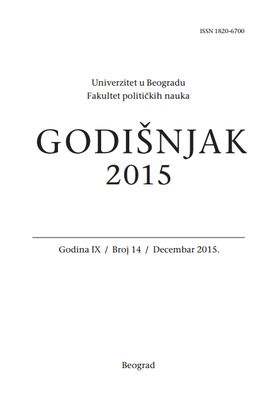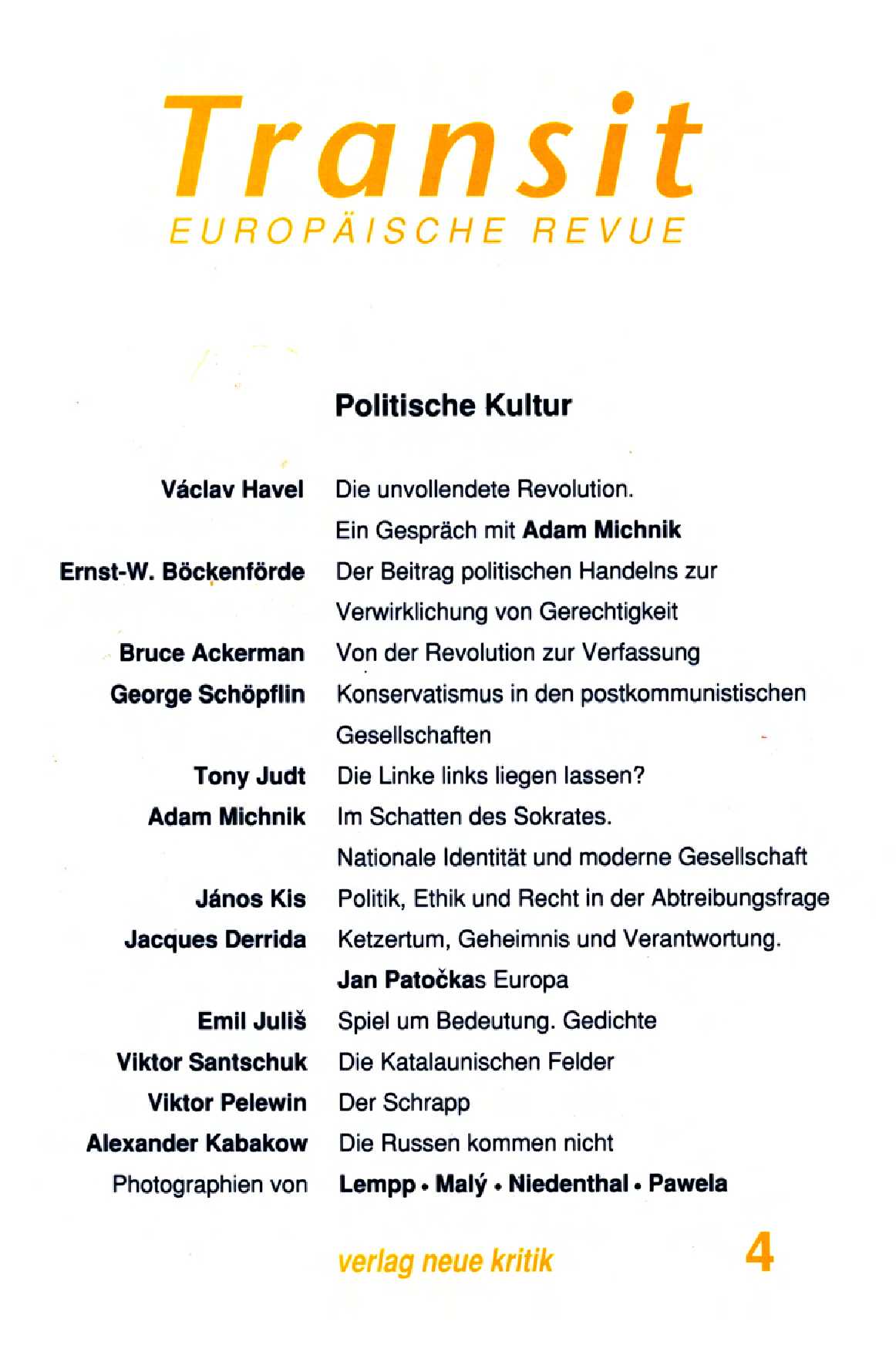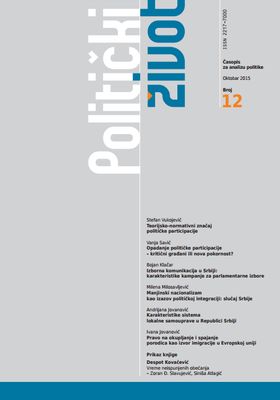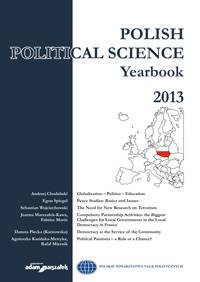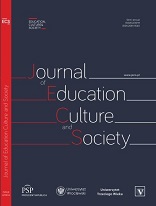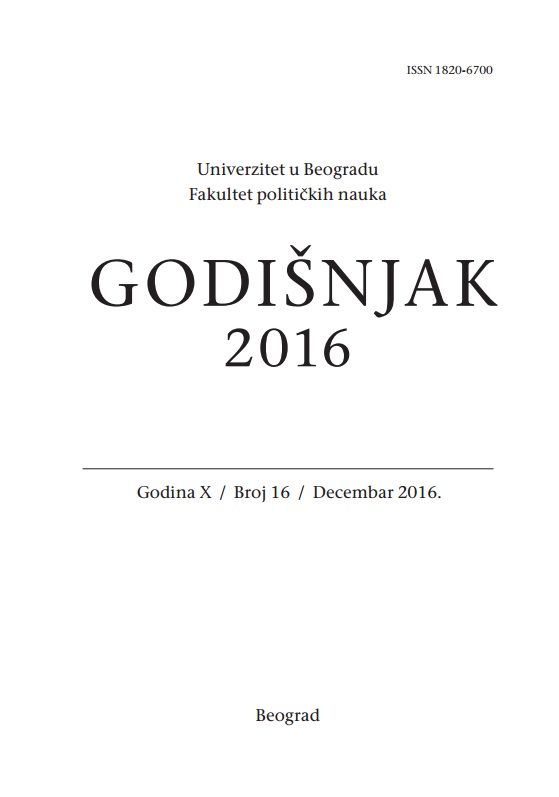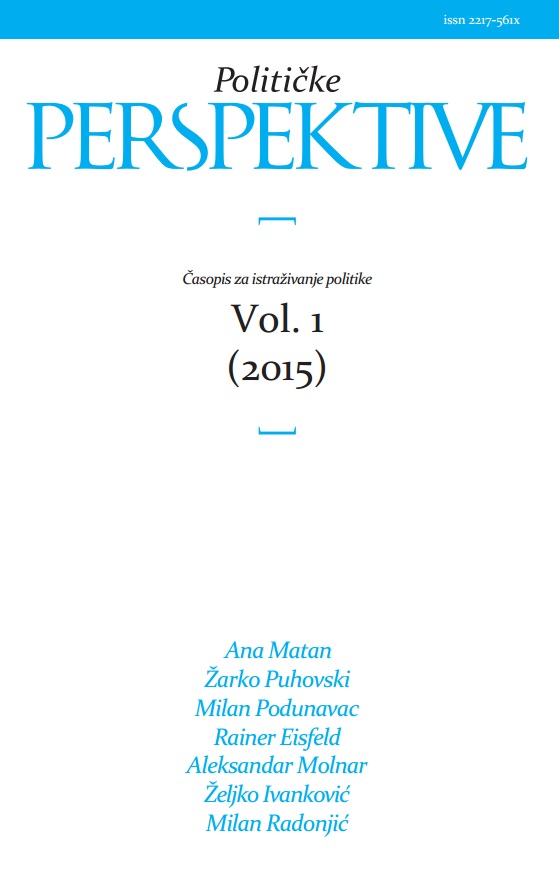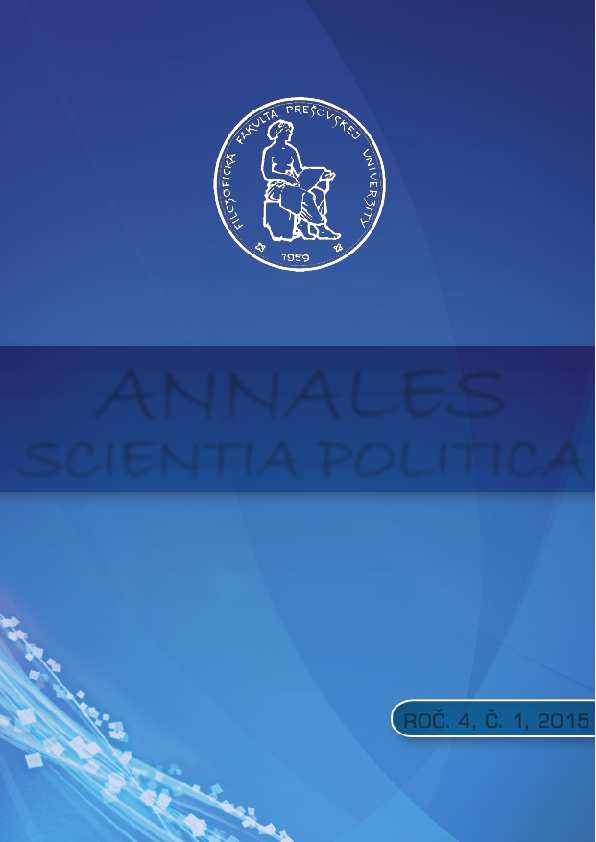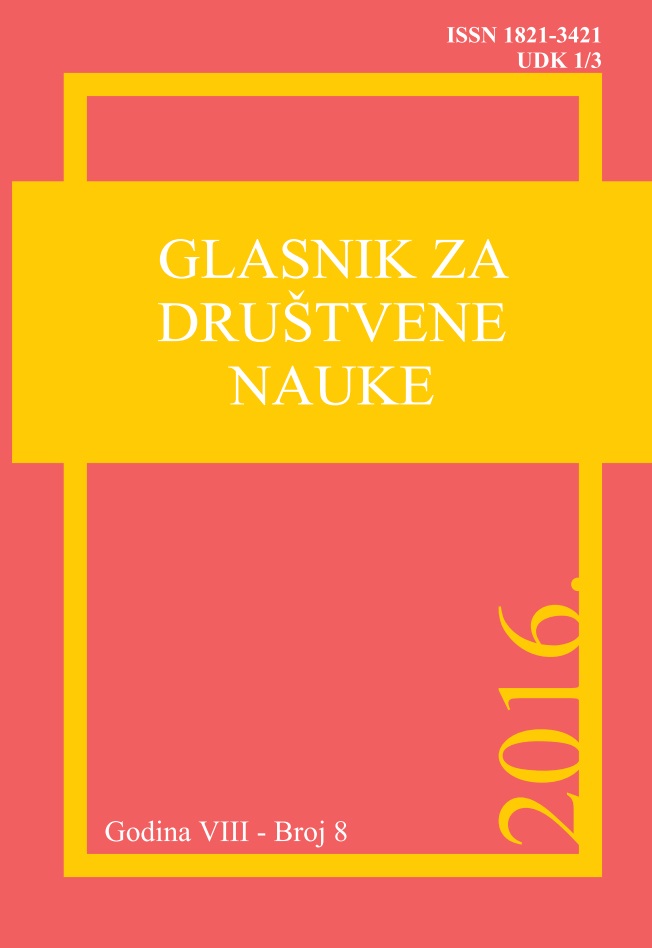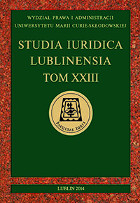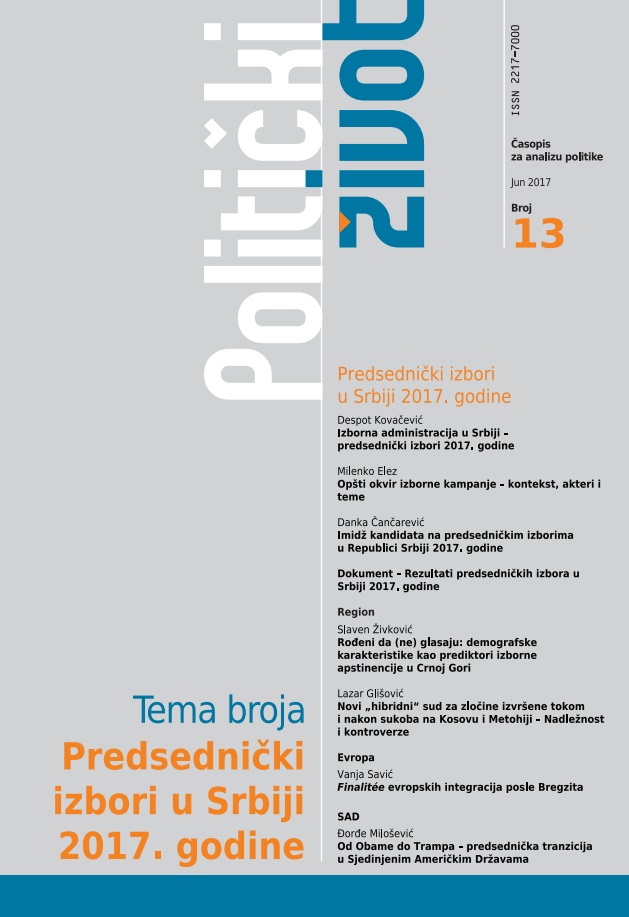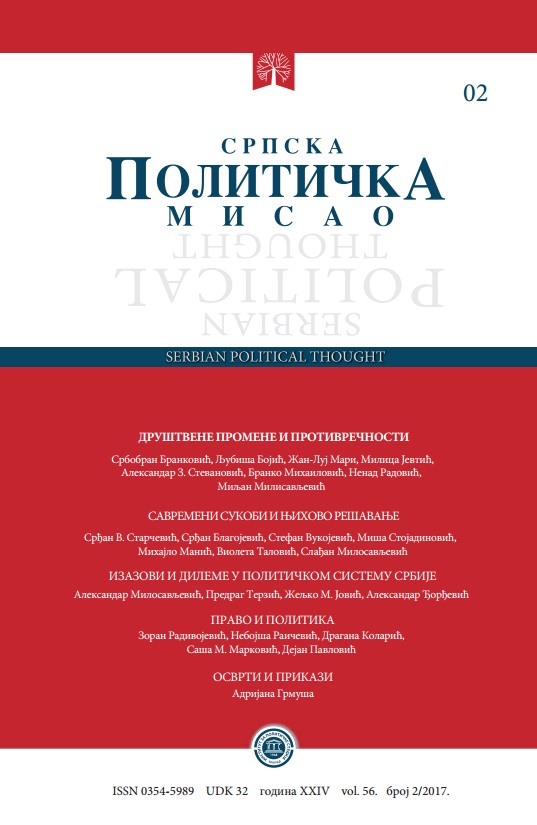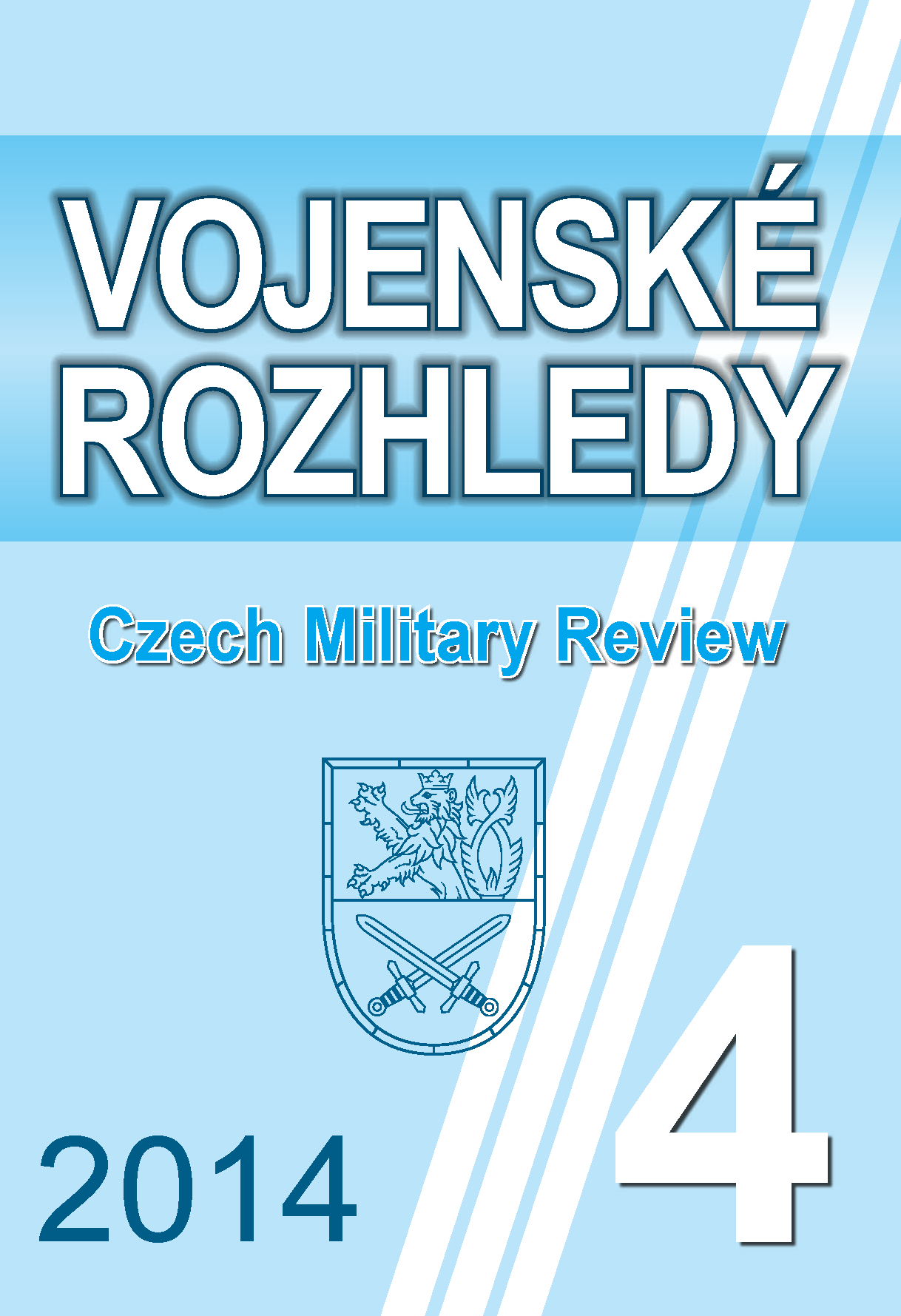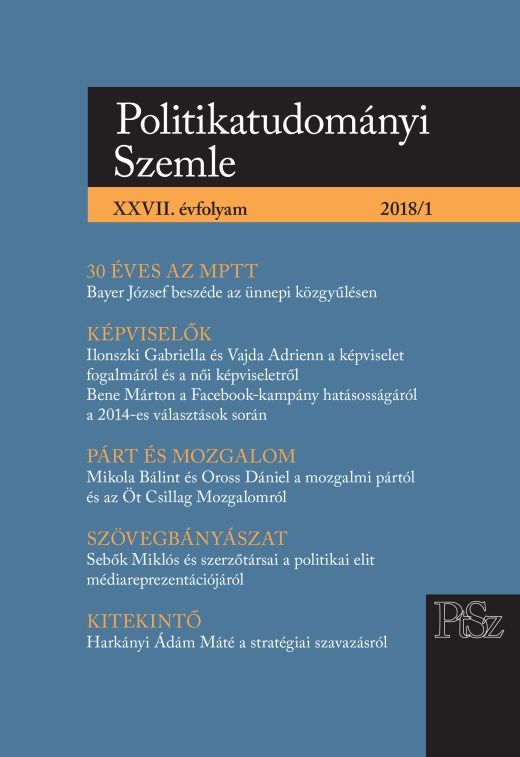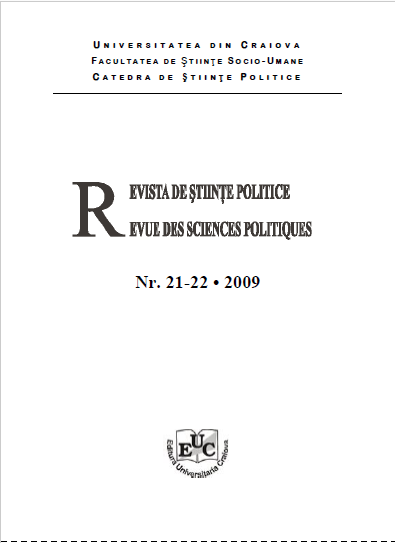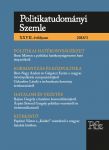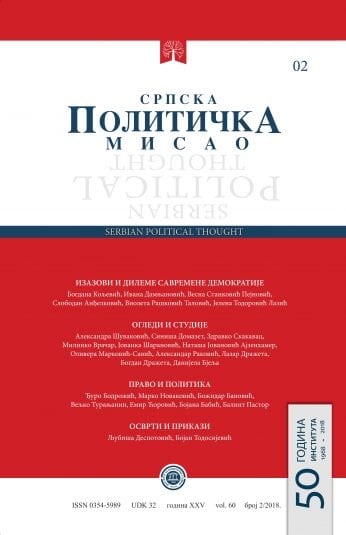Author(s): Aleksandar Stevanović / Language(s): Serbian
Issue: 2/2017
In this paper, the problem of fanaticism as a social phenomenon has been analyzed and criticized from a standpoint of a moral, considered as a natural human predisposition. Making the substantial difference between moral and fanaticism as anti-moral position, based on the foundation on inner or outer aim as final purpose of a person, the author, relying on Kant`s philosophy, recognizes contemporary societies as highly fanatical. Using five elements (ethical superiority, exclusivity, efficiency, enthusiasm and emotive block) he defines Model 5E. As a consequence of Model 5E, the author in the Second Part explains Euthanasia of the Human consciousness as relevant for understanding a position of a fanatic, and after that, he introduces notions of Supreme Authority and Field of total Trust and explains subjective and objective conditions of fanaticism. In the main part, he explains the impact that fanatics have on the natural human morality, with emphasis on difference of influence between Monolithic in “totalitarian”, and Diffuse Supreme Authority in “open” societies, equaling moral degradation of a natural Human moral position in both of them. As a basic problem of a fanatic standpoint the author sees the inability of moral selfimprovement. Positioning the Highest Good in the field of outer aims, he loses the possibility to value a moral perfection of a person as an aim itself. The author concludes that contemporary “open” societies, based on Protestant values, are the main source of present fanaticism. The author asserts connection between different models of fanaticism, trying to explain similarity of attitudes in them and their mutual interdependence. Using Kant`s terms the author tries to reestablish natural moral position as valid toward fanaticism, using them in an attempt to show connections between Religion seen as a moral need, and position of self-devotion in establishing fanatic scale of values. At the end, the author asserts the possibility of criticizing fanaticism using the tools of Kantian philosophy and Orthodox Christian morality.
More...
